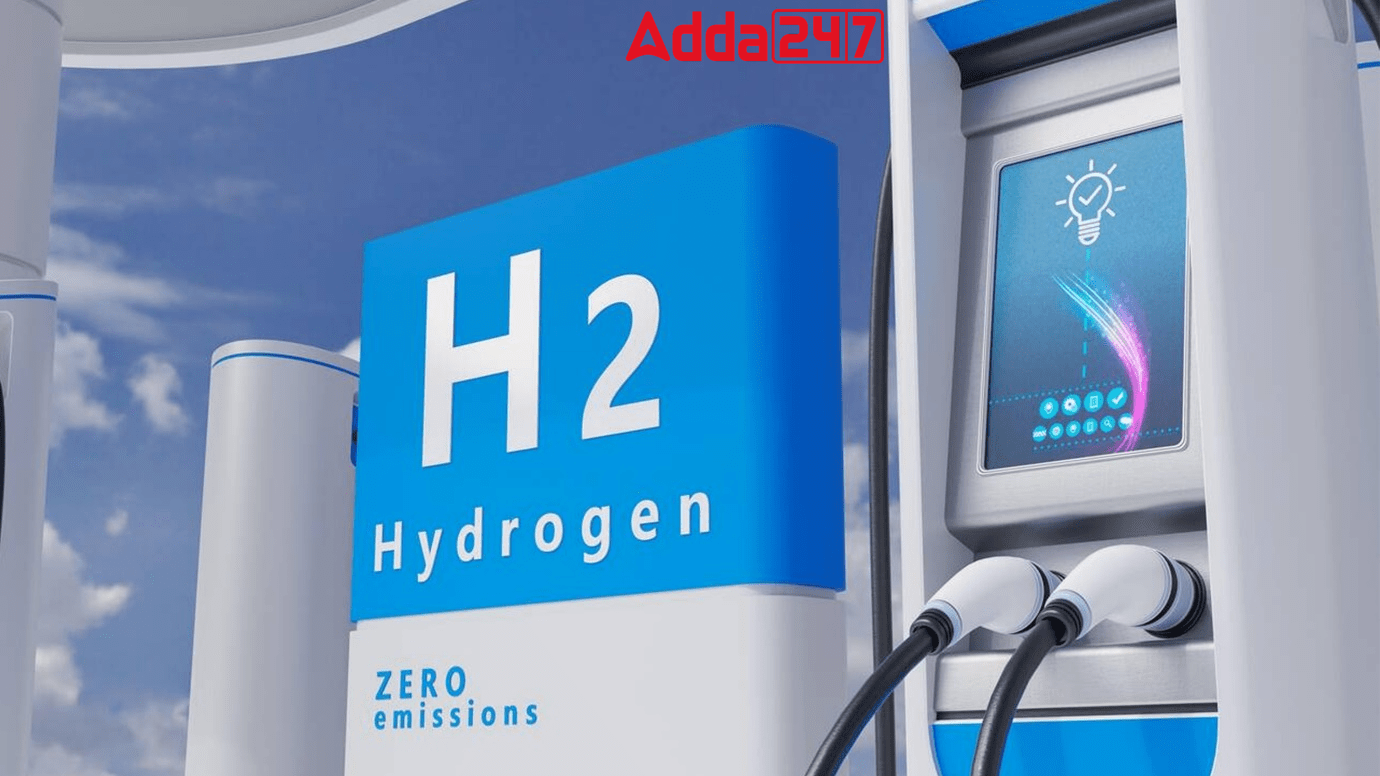Vietnam has set forth an ambitious national hydrogen strategy, aiming to become a significant player in the global hydrogen market. With targets ranging from 100,000 to 500,000 tons of clean hydrogen production annually by 2030, escalating to 10-20 million tons by 2050, the strategy seeks to leverage both green and blue hydrogen production methods.
Key Objectives
Hydrogen Production Targets:
-
- Produce 100,000-500,000 tons of clean hydrogen annually by 2030.
- Scale up production to 10-20 million tons by 2050.
Diversified Energy Sources:
-
- Emphasize renewable energy-based hydrogen production.
- Utilize carbon-capture technologies for hydrogen production from traditional energy sources.
Market Development:
-
- Foster the growth of Vietnam’s hydrogen energy ecosystem, encompassing production, storage, transportation, and distribution.
- Target both domestic consumption and export markets.
Implementation Strategies
Sector Integration:
-
- Align hydrogen energy development with the fuel conversion roadmap across various sectors including electricity production, transportation, and heavy industries.
Infrastructure Optimization:
-
- Deploy pilot projects leveraging existing infrastructure.
- Establish mechanisms and legal frameworks to facilitate the transition of businesses from fossil fuel to hydrogen energy production.
Government Support and Incentives
Policy Framework:
-
- Develop preferential mechanisms and policies on taxes, fees, and land rights to attract investment into the hydrogen sector.
Interagency Collaboration:
-
- Engage ministries, local authorities, and international development agencies in collaborative efforts to implement the strategy.
Task Assignment:
-
- Assign ministries, branches, and localities with specific tasks including adjusting provincial plans and proposing policies to encourage hydrogen fuel adoption.
Capital Mobilization:
-
- Increase the mobilization of both domestic and foreign capital sources to support hydrogen infrastructure development and production.




 India AI Impact Summit 2026 Outcomes: De...
India AI Impact Summit 2026 Outcomes: De...
 India, Canada Announce Strategic Energy ...
India, Canada Announce Strategic Energy ...
 Iran Names Ayatollah Alireza Arafi as Te...
Iran Names Ayatollah Alireza Arafi as Te...








